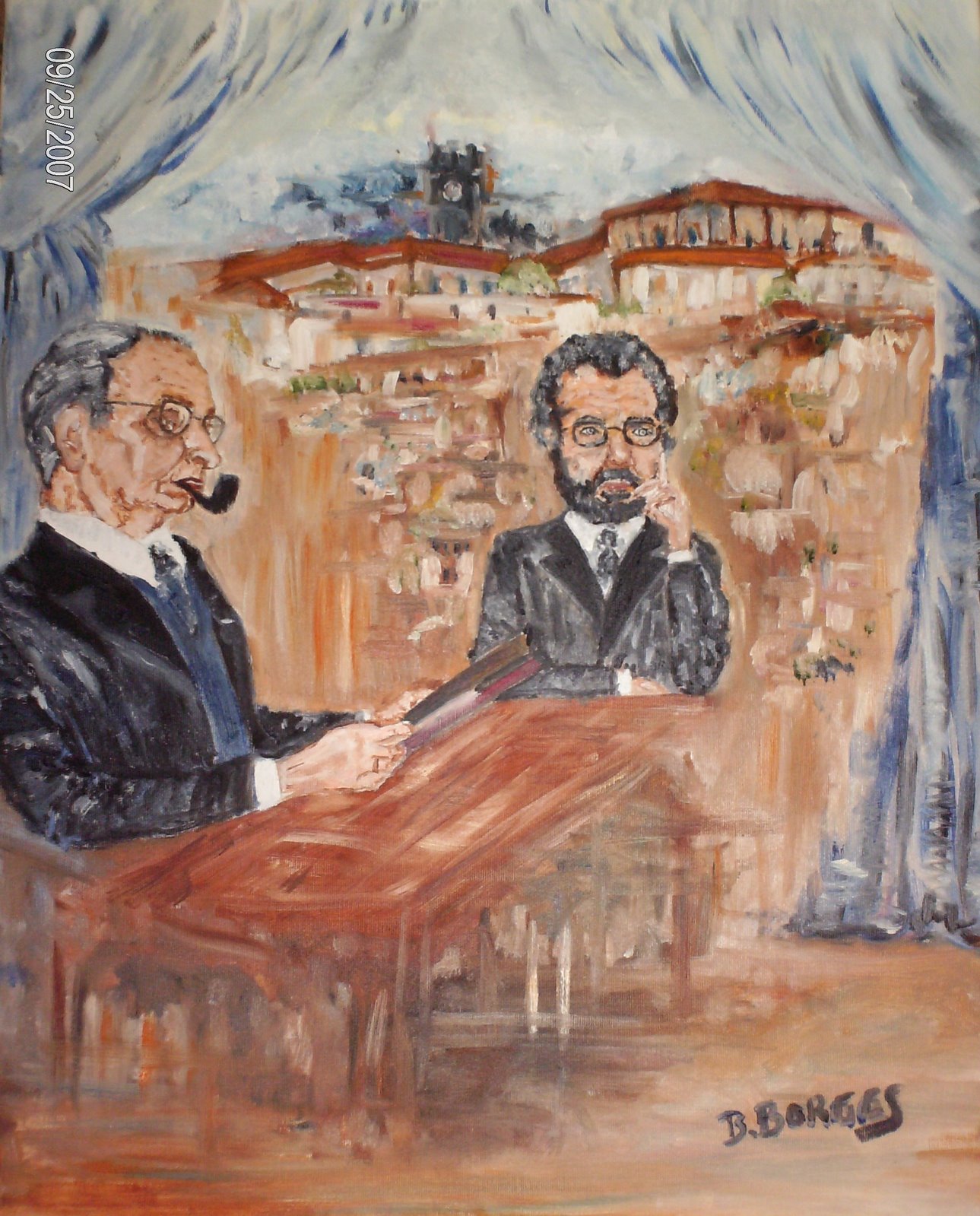This morning has seen some new information released on the state of the Chinese economy and in particular on her monetary system. This matters because one of the influences on the world economy has been the strength of the Chinese economy which has had all sorts of influences not least on commodities and their prices. The Chinese have been responding to fears of overheating in their economy by tightening banking reserve requirements and on Christmas Day with a rise in official interest-rates.
The Peoples Bank of China has reported this morning that Chinese banks issued 7.95 trillion yuan ( around US $1200 billion) in new loans last year which exceeded by 6% the official target of 7.5 trillion yuan. The broad M2 measure of money supply grew by 19.7 % which exceeded the official target of 17 % by 2.7%. So we can look at this two ways firstly if we look at the level of broad money growth as an absolute we can see that 19.7% is an extraordinary level of growth for a broad money aggregate on its own flashing an amber warning light. However monetary growth needs to be compared with actual economic growth and again according to official Chinese statistics this was revised up to 9.2% for 2010 as a whole this morning. If we use the measure of monetary growth minus economic growth we get 10.5% which turns the amber light to a red one. If one needed a further influence you could say that reported economic growth of 9.2% for a single year flashes its own warning signal.
Comment
The numbers above confirm a worrying trend for China. Her economy is showing more and more signs of overheating and the levels of monetary growth and bank lending increases add to it. The broad money numbers for December on its own show an acceleration to an annual growth rate of 19.7% from November’s 19.5%. These are heady numbers.
As I have pointed out before there is an irony in a command economy like China making the same mistakes as the imperial capitalist lackeys it likes to criticise and this involves doing too little to late in response to an economy overheating. Also economic history elsewhere has suggested that using bank reserve requirements to help cool an economy is a blunt unreliable instrument at best. In theoretical terms it works nicely but sadly for theoreticians the real world is not a theory! Even interest-rate rises take their time to have an impact so the danger for China in 2011 is that these overheating trends persist for some time. Of course the extent of this depends on what happens in the world economy too and much of that is unknown particularly in such uncertain times.
There is also an opposite risk which involves these trends persisting and China continuing to respond by raising interest-rates again and again which if the experience of the imperialist capitalist lackeys is anything to go by will have the eventual effect of working like a brick on the end of a piece of elastic. So a sharp slowdown is also a danger in this scenario.
If I was in charge I would raise official interest-rates by say 0.5% and would wait to see signs of an effect. Unless the situation got worse I would resist temptation to move again as one of the challenges of this sort of situation is to move promptly (which mostly we don’t) and then hold your nerve (which quite often we do not either). Also I just wish to point out that I use the difference between broad money growth and economic growth as a guide to likely inflation trends rather than assuming an automatic one for one relationship.
Chinese Foreign Exchange Reserves
The PBOC published news on this front today, the currency holdings by the Chinese authorities rose by US $199 billion to US $2,850 billion in the last quarter of 2010 which exceeded even the US $194 billion increase in the third quarter. You may wonder why this matters and the essential reason is that China invests much of this money abroad. In a world of deficits there also have to be surpluses in some areas and here is one which is used to help finance some deficits. An example of this is the fact that China has in recent years made very large purchases of US Treasury Bonds (government debt) helping to finance America’s deficits.
We can link this large and increasing fund to the Euro zone crisis. If we remember that Portugal needs to issue some 20 billion Euros of debt this year which translates to US $25.8 billion we can see that compared to the Chinese surplus it suddenly looks more like a pittance than an international problem. Even likely Spanish issuance of 91 billion Euros suddenly looks a lot smaller. Accordingly there is rumour after rumour of Chinese purchases and plans which the Chinese have encouraged and these are unlikely to stop. Perhaps it may suit China to buy some after all there are high interest-rates on offer but as to a substantial programme I suspect the Chinese will be wary of that.
The European Central Bank steps in to help Portugal
Monday was a slightly contradictory day for the ECB and its Securities Markets Programme. We got news on its settled purchases last week and according to its website.
The net settled SMP transactions last week were of a volume of EUR 113 million. Combined with the effect of the quarterly revaluation exercise (published on the Weekly Financial Statement last week), the rounded settled amount – and the intended amount for absorption accordingly – increased to EUR 74.0 billion.
So there was a reduction in the rate of purchases, but on the day itself the Securities Markets Programme found itself heavily supporting the Portuguese government bond market which was again under severe pressure. Yields on the ten-year benchmark had risen to 7.25% before the ECB came in like the US seventh cavalry in a cowboys and indians movie and drove the yield back down to 7% before it rose again and closed at 7.1%. No doubt the ECB had its eye on the auction of three and nine and a half year debt that is due on Wednesday and wanted to try to stabilise the market before then although the price of this is that its holdings of the total Portuguese government bond market were already estimated at 20% of the total and in a way the problem is being moved from Portugal to the ECB itself as it accumulates bonds which at this moment in time nobody else wants or in other words makes losses. The falls in price of Irish,Portuguese and Greek debt must be hurting the balance sheet of the ECB, no wonder it has called for an increase in capital!
Portugal and her gold reserves
After all the bad news for Portugal I thought that it might be time for some good news. One area where she is relatively strong is the size of her gold reserves which at 382.5 tonnes are relatively higher than those of her peers. The last valuation has this at around 7% of her Gross Domestic Product if you wish to put it like that or if you wish around this years fiscal deficit. This begs the question can she put her hands on it? Not according to Portuguese law she cannot as it belongs to the Portuguese central bank which pays a dividend on gains etc to the government each year. This amounted to around 200 million Euros in 2009. Also some of the gold is in effect a capital backing for the ECB and its moves in capital and foreign exchange markets as it is backed by the various national central banks of its constituent members.
So in essence Portugal has shown sound financial management in this area and the credit goes to a previous period under the Salazar dictatorship when Portugal was a gold purchaser and it would appear that he had the opposite position on Portugal’s gold position that Gordon Brown had on the UK’s.
Portugal’s Economic history
There was something of a debate in the comments section yesterday and as there is a regular flow of new readers to my blog I wish to show again a chart from a Portuguese economist Luís Aguiar-Conraria that I put on here some time ago as I feel it is very informative. What is the saying, a picture can replace a thousand words?
I believe that this chart eloquently explains Portugal’s problems and they are long-term ones which have been exposed by the current crisis. Portugal has not arrived at this position by the boom and bust that has imploded in Greece and Ireland as this chart plainly tells us there was sadly for Portugal no boom. It is a story of long-term decline and this does not go well when questions are asked about long-term solvency. I wish to add a further chart today from the same source which looked at Portuguese unemployment over a similar time period.
Again the message is clear and the turn in late 2000 precedes the current crisis by many years.
International Rescue?
The pun is deliberate on a day when it is announced that Gerry Anderson is going to be represented on a set of UK stamps. For the uninitiated he made several programmes based on puppets back in the days of my childhood and one of them Thunderbirds had an organisation called International Rescue. He also in an odd link in one of his other programmes, Captain Scarlet, had a vehicle called an SPV (Spectrum Pursuit Vehicle) which was the initials used initially by the Euro zone for their rescue vehicle. Plainly they did not share the TV watching of my childhood as they would otherwise have known that in spite of it being the epitome of high-tech for the time the Mysterons remained undefeated at the end!
The economic link to now is that in addition to the hopes for Chinese buying to help the peripheral members of the Euro zone Japan has made some promises this morning about supporting a bond issue made by the European Financial Stability Facility or EFSF. However I feel that care is needed with such statements as Japan is also an international investor and may only be declaring what she would have done anyway…..Nice PR perhaps..
However fuel has been thrown on the fire by the appearance of a new Portuguese debt vehicle in the market which appears not to have been offered to the public has no coupon and expires in December 2012. The Portuguese government is not answering questions on the subject but Bloomberg helpfully tells us there is some one billion Euros of this in issue. Everyone will suspect China bought this bond but whilst we are waiting for more information let me give you a suggestion why Portugal has made a move even Greece rejected. The lack of a coupon means that she will have no interest payments to make which helps her deficit numbers. There will be a settlement at the end but this is not until December 2012 so it helps cash management until then (for those who do not understand the bond will probably have been sold at a price of around 90 and will be bought back at 100). Whilst this is a gain there is also a danger as this sort of medium term note is only for the relatively short-term and can lead to an unstable situation when it needs refunding and is another form of “kicking the can down the road” which has hardly worked so far!
Posted in Euro zone Crisis, General Economics, Quantitative Easing and Extraordinary Monetary Measures | 5 Comments »
VEJA AQUI
![]()
![]()
![]()
![]()
![]()

![]()


































